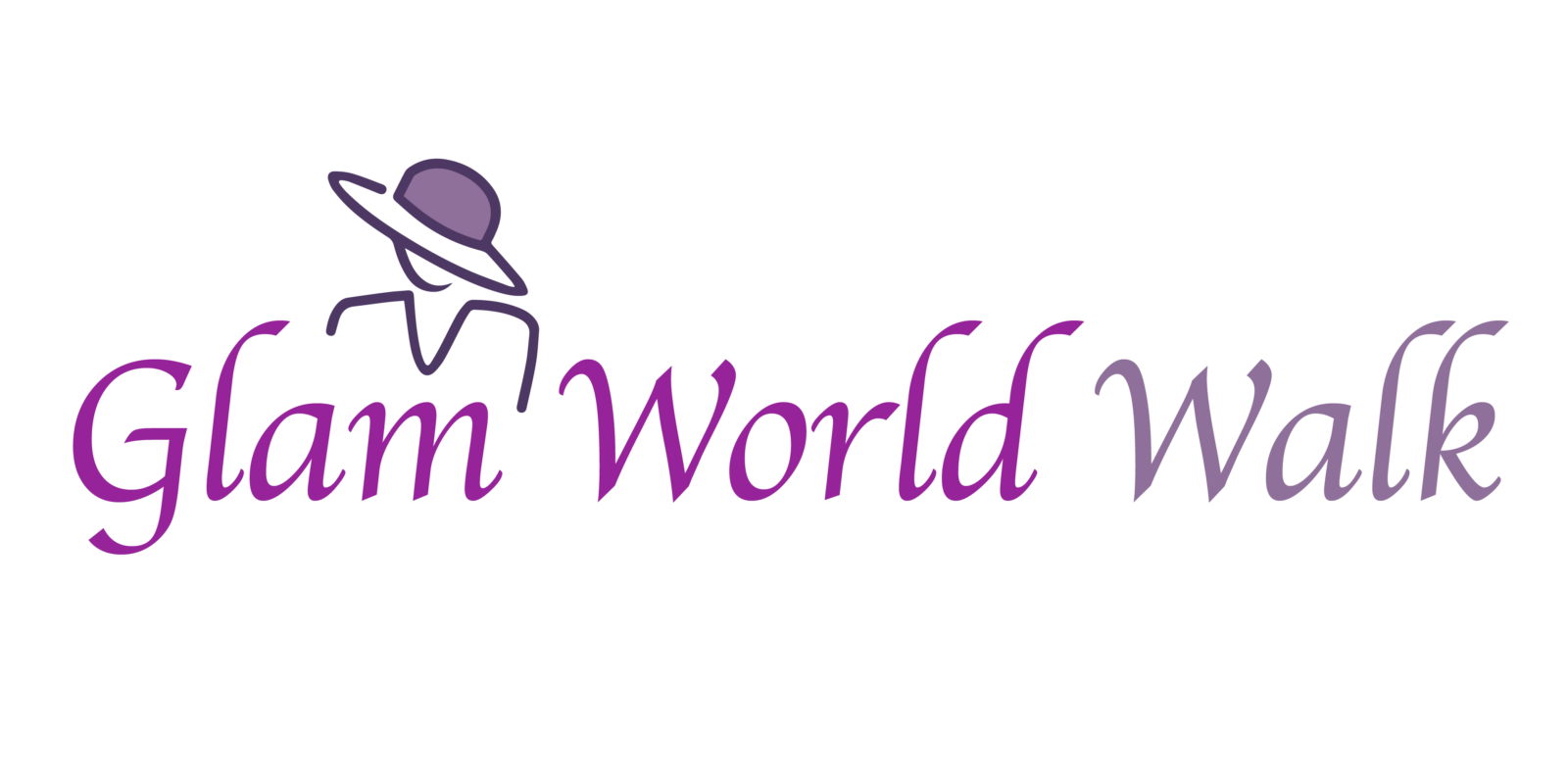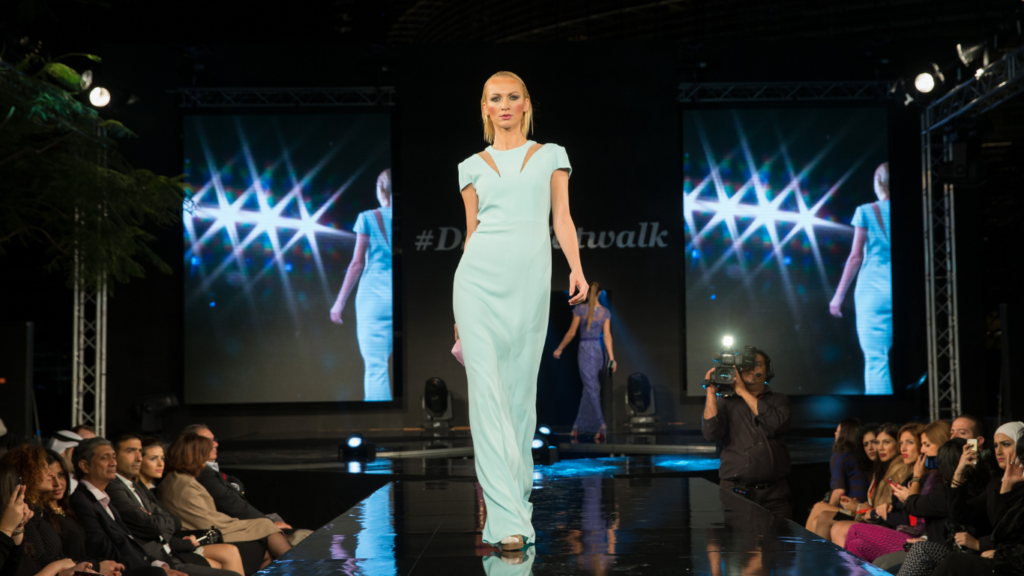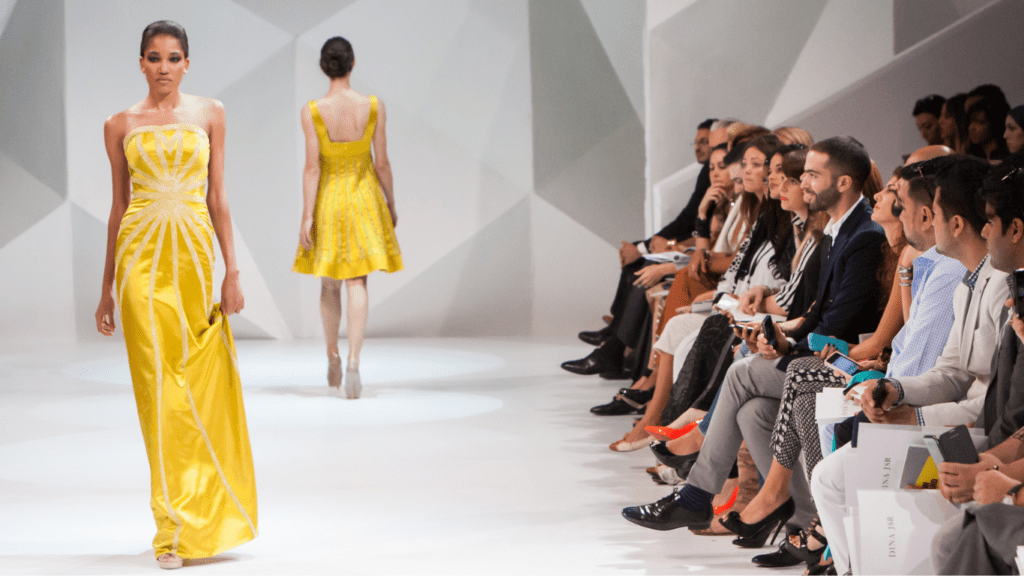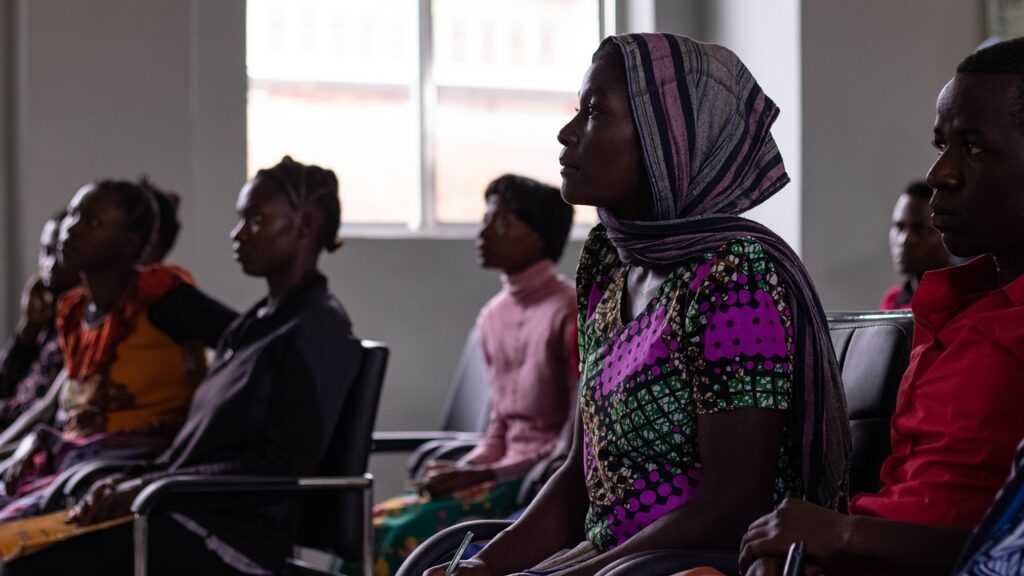Overview of Fashion Weeks
Fashion weeks anchor the global fashion calendar. Major cities like New York, Paris, Milan, and London host these significant events annually. They attract designers, influencers, and buyers from around the world.
New York Fashion Week typically kicks off the season. This event often sets the stage for upcoming trends. Designers like Marc Jacobs and Tom Ford showcase their creativity through bold, innovative designs.
Paris Fashion Week features haute couture. It emphasizes elegance and sophistication, with renowned houses like Chanel and Dior leading the charge.
Milan Fashion Week brings a mix of tradition and avant-garde. Italian brands like Gucci and Prada often debut cutting-edge styles, blending heritage with modernity.
London Fashion Week stands out for its edgy, rebellious spirit. Designers such as Alexander McQueen and Vivienne Westwood push boundaries, presenting daring and unconventional collections.
Each fashion week has unique characteristics. These events collectively shape global fashion trends and reflect the industry’s diversity and dynamism.
New York Fashion Week
New York Fashion Week stands as a beacon of innovation and creativity. Major designers unveil their latest collections, setting the stage for the fashion season.
Key Highlights
- September Event Dates: The event typically happens twice a year, once in February and once in September. The September edition kicks off the Spring/Summer collections.
- Diverse Designers: Renowned designers like Marc Jacobs, Tom Ford, and Calvin Klein headline the event. Emerging talents also get a platform, adding to the diversity
- Celebrity Attendance: Celebrities from various industries often attend, adding glamour and drawing media attention. This boosts the event’s visibility worldwide.
- Iconic Venues: Shows take place in iconic venues like Spring Studios and The Shed, offering a blend of historical and modern architectural backdrops.
Notable Trends
- Sustainability: Designers like Gabriela Hearst and Stella McCartney emphasize sustainable fashion, showcasing eco-friendly materials and ethical practices.
- Bold Colors: Vibrant colors and striking patterns dominated the runways. Collections featured neon shades and intricate prints, making bold statements.
- Athleisure: The athleisure trend remains strong, with designers integrating sporty elements into everyday wear. Collections by brands like Alexander Wang reflect this trend.
- Gender Fluidity: Many collections blur gender lines, incorporating unisex designs. This trend pushes the boundaries of traditional fashion norms.
- Tech Integration: Technology plays a substantial role, with digital presentations and augmented reality experiences enhancing the fashion showcases.
Paris Fashion Week

Paris Fashion Week stands as the pinnacle of haute couture, blending historical elegance with avant-garde innovation. Iconic designers like Chanel and Dior dominate the stage, defining global fashion standards.
Key Highlights
Prominent Designers: Renowned designers such as Karl Lagerfeld (formerly of Chanel) and Maria Grazia Chiuri (Dior) have historically showcased their collections, presenting intricate craftsmanship through grand spectacles. Interestingly, Lagerfeld’s set designs, like the Fall/Winter 2017 space-themed show, often capture as much attention as the garments themselves.
Celebrity Presence: Paris draws a star-studded crowd. Celebrities like Rihanna, Kanye West, and Kristen Stewart frequently attend, amplifying the event’s appeal and media coverage.
Venues: Historical venues like the Grand Palais and iconic spots like the Eiffel Tower serve as backdrops, enhancing the luxurious aura of the week. For example, Chanel transformed the Grand Palais into a lush forest for their Fall/Winter 2018 show, blending natural elements with high fashion.
Notable Trends
Haute Couture: Intricate designs, hand-sewn elements by petites mains (highly skilled artisans), and luxurious fabrics dominate the runway. Haute couture collections often serve as the pinnacle of a designer’s creative expression, such as Dior’s Spring 2019 collection featuring elaborate embroidery and unique silhouettes.
Sustainability: With increasing global awareness, many designers integrate sustainable practices. Brands like Stella McCartney lead with eco-friendly materials and sustainable production methods, showcasing how high fashion can align with environmental responsibility.
Gender Fluidity: Breaking traditional norms, designers present collections that blur gender lines. For example, Jean Paul Gaultier has featured men in skirts and women in tailored suits, challenging conventional fashion roles.
Tech Integration: Innovators like Iris van Herpen incorporate technology, merging fashion with futuristic designs. Techniques like 3D printing and laser cutting create garments that appear more like wearable art than traditional clothing.
By exploring these facets, Paris Fashion Week continues to be an influential event, shaping the trajectories of style and creativity globally.
Milan Fashion Week
Milan Fashion Week stands strong in the fashion world, showcasing Italian luxury and craftsmanship. Held biannually, it focuses on presenting cutting-edge designs and setting global fashion trends.
Key Highlights
Milan Fashion Week gains attention for its iconic designers, glamorous venues, and high-profile guests. Designers like Versace, Prada, and Gucci dominate the runways with innovative collections that blend traditional craftsmanship and modern aesthetics. Events take place in breathtaking locations like the Palazzo Reale and the Arco della Pace, enhancing the event’s prestige. Celebrities, influencers, and industry insiders gather to witness the show, adding to the event’s allure.
Notable Trends
Several trends emerge from Milan Fashion Week, often influencing global fashion. Sustainability remains a significant focus, with brands adopting eco-friendly practices in their collections. Gender-neutral designs gain prominence, reflecting a more inclusive fashion landscape. Bold colors and patterns dominate, with designers experimenting with unconventional materials and innovative techniques. Tech integration in fashion, seen in the form of smart textiles and wearable tech, also plays a significant role in Milan’s fashion narrative.
London Fashion Week
London Fashion Week stands as a beacon of creativity and bold innovation. It’s renowned for showcasing emerging talents and cutting-edge designs, offering a unique blend of tradition and modernity.
Key Highlights
- Emerging Designers
London Fashion Week is known for spotlighting new designers. The British Fashion Council’s NewGen initiative supports these rising stars, giving them a platform to present their collections. - Iconic Venues
The week occurs in various historic locations across the city. Somerset House and 180 The Strand have hosted numerous iconic shows, adding a rich backdrop to the innovative designs. - Celebrity Appearances
Many celebrities attend and participate in events. A-listers like Victoria Beckham, Naomi Campbell, and Cara Delevingne often make headlines with their presence, adding glamour and media attention.
Notable Trends
- Sustainability
Sustainable fashion has taken center stage in recent years. Designers like Stella McCartney lead the charge with eco-friendly collections, making sustainability a key focus. - Gender-Fluid Fashion
London frequently showcases gender-fluid designs. Designers challenge traditional gender norms, offering collections that cater to a diverse audience. - Bold Prints and Colors
Bold prints and vibrant colors often dominate the runway. House of Holland and Burberry have been notable for their daring use of patterns and palettes. - Tech Integration
Technology integration is another highlight. Wearable tech and digital presentations appear regularly, pushing the boundaries of traditional fashion shows.
London Fashion Week remains a critical platform for innovation and creativity, influencing global fashion trends each season.
Emerging Fashion Weeks
Fashion weeks outside the Big Four also showcase significant talent and creativity. Various cities around the globe host events that highlight unique regional aesthetics.
Key Highlights
Tokyo Fashion Week attracts attention for its eclectic and avant-garde designs. With designers like Yoshio Kubo and Hanae Mori, it offers a fresh take on fashion innovation. The event, organized by the Japan Fashion Week Organization, holds shows in locations like Shibuya Hikarie and Omotesando Hills.
São Paulo Fashion Week stands as the most significant fashion event in Latin America. It features designers such as Alexandre Herchcovitch and Osklen, focusing on vibrant and sustainable fashions. Beyoncé and Naomi Campbell have attended, drawing global attention.
Berlin Fashion Week is known for its edgy and sustainable designs. Venues like Kraftwerk Berlin host events showcasing talents like Lala Berlin and Esther Perbandt. It merges fashion with culture, emphasizing ethical practices.
Notable Trends
In Tokyo, street style influences and futuristic fashion dominate. Designers experiment with unique fabrics, exaggerated silhouettes, and bold patterns, often integrating technology into their creations.
São Paulo Fashion Week emphasizes sustainability. Organic fabrics, eco-friendly dyes, and local crafts play crucial roles. Designers promote a seamless blend of traditional Brazilian elements and contemporary styles.
Berlin Fashion Week showcases a mix of minimalist and avant-garde trends. Sustainability remains a core theme, with designers using recycled materials and zero-waste techniques. Gender-neutral and inclusive designs also gain prominence, reflecting Berlin’s progressive ethos.



 Founder & Editor-in-Chief
As the visionary behind Glam World Walk, Anthonyo Corbinollo brings his passion for fashion, beauty, and luxury to life through captivating content that resonates with glamour enthusiasts worldwide. With over a decade of experience in the fashion industry, Anthonyo curates a platform that celebrates the finest trends, exclusive brands, and lavish travel destinations. His dedication to highlighting the elegance in everyday life has made Glam World Walk a go-to source for fashionistas and style icons alike.
Founder & Editor-in-Chief
As the visionary behind Glam World Walk, Anthonyo Corbinollo brings his passion for fashion, beauty, and luxury to life through captivating content that resonates with glamour enthusiasts worldwide. With over a decade of experience in the fashion industry, Anthonyo curates a platform that celebrates the finest trends, exclusive brands, and lavish travel destinations. His dedication to highlighting the elegance in everyday life has made Glam World Walk a go-to source for fashionistas and style icons alike.
